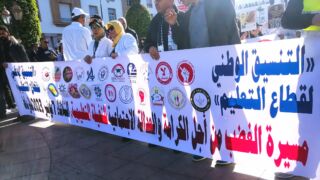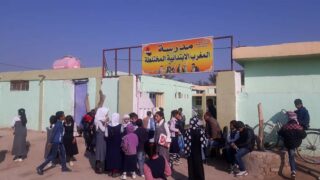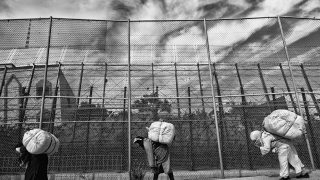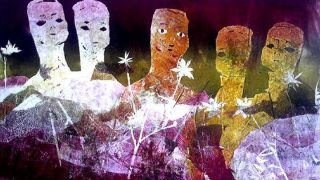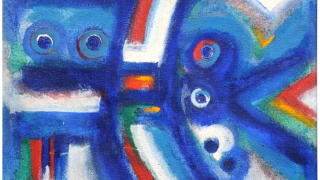Sitting outside her home located on a dirt road in the village center, the old lady observes the passers-by while basking in the sunlight and the green surroundings that have replaced the cold. Heavy rain in the winter had brought life back to the wells and springs. However, the lady complains that “strangers” had “invaded” her village, muttering whenever any of them passes by. “Strangers” have not been welcomed in the village, as evidenced by the old lady’s words that “they are not like us.” On their part, “strangers” are aware of the hostile glances directed at them and the resentful words mumbled by the villagers. Many laugh at the brutal honesty of the old lady, but she explicitly says what others only stammer. Her words do not make it to the media and at any rate, it’s easy to ignore criticism when it’s expressed by an illiterate villager.
Grim and ill-dressed, strangers came to the village from other regions in Morocco that had been hit with drought. After months, though, their faces brightened up and their outfits looked much better. The old lady’s position from them hasn’t been altered, though. She believes that the “original” residents of the village remain more honorable and generous than others.
English
Transforming the Mode of Production in Morocco
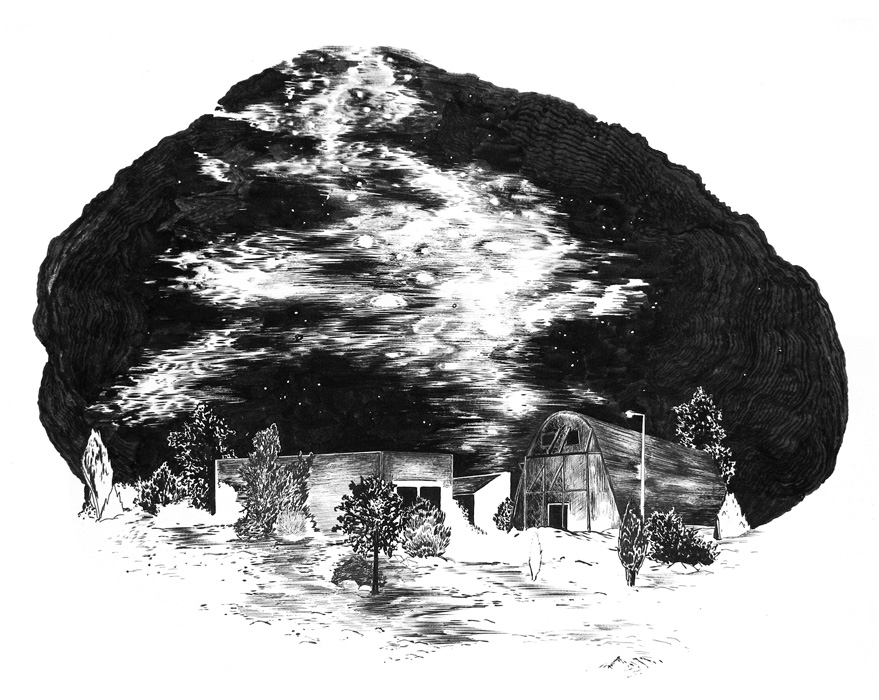
Articles from Morocco
The Life and Legacy of Sion Assidon
For the Moroccan Jewish leftist, the decolonization of his homeland and the liberation of Palestine were inextricably entwined.
Paralysis of Public Education in Morocco: Is the Fundamental System the Root of the Problem?
The ministry neglected the teachers’ demands for about a month before making them an offer that did not fully satisfy them. The proposal suggested a temporary suspension of the process...
Passing Students: None
One can easily get perplexed when reading indexes and data on education in Morocco in the last two decades. An obvious gap appears between the observed quality of schools and...
From the same author
Female Smugglers Between the Source and the Commercial Estuaries
A closer look at the phenomenon of the “women-mules”; the female smugglers who smuggle goods from the border crossing of “Ceuta”, the Moroccan city occupied by Spain, to the popular...
Understanding the overflow of Fatwas in Morocco
Ahmad Raissouni, noted Moroccan Islamic scholar and preacher, issued a fatwa (religious edict) banning fighting the Islamic State. Raissouni is the founder of the Movement of Unity and Reform, the...
The use of notables’ distinctions in Morocco: banned
Morocco’s Justice and Interior Ministries have banned the printing, distribution or the carrying of “honor badges.” The ban was justified on the grounds that such acts are illegitimate and...


